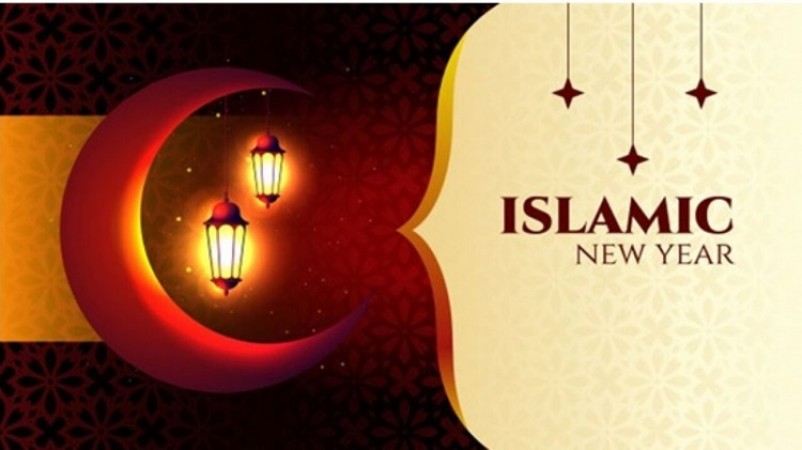
Introduction: The Islamic New Year, also referred to as the Arabic New Year or Hijri New Year, marks the beginning of the lunar-based Islamic calendar. It is an important occasion for Muslims worldwide, symbolizing a fresh start and a time for reflection. On July 18, 2023, Muslims will come together to observe the Islamic New Year and embark on the journey of the Hijri year.
The Significance of the Islamic New Year: The Islamic calendar, known as the Hijri calendar, begins with the migration of Prophet Muhammad (peace be upon him) from Mecca to Medina in 622 CE. This historical event, known as the Hijra, holds great significance in the Islamic faith and serves as the starting point of the Hijri year. The Islamic New Year, therefore, commemorates this crucial event and the establishment of the first Islamic state.
Spiritual Reflection and Renewal: The Islamic New Year encourages Muslims to reflect on their faith and evaluate their actions in the past year. It is a time to seek forgiveness, make resolutions, and renew one's commitment to leading a righteous and pious life. Muslims take this opportunity to engage in personal introspection, seek spiritual growth, and strive for self-improvement in the year ahead.
Observances and Traditions: Muslims observe the Islamic New Year with various customs and practices. Mosques and Islamic centers may hold special gatherings, where individuals gather to offer prayers and listen to sermons that emphasize the significance of the Hijri calendar and the principles of Islam. Scholars and religious leaders often deliver speeches highlighting the importance of unity, peace, and love within the Muslim community.
Fasting and Acts of Charity: Some Muslims may choose to observe voluntary fasting on the day of the Islamic New Year as a way to express gratitude and seek blessings for the year ahead. Fasting on this day is not obligatory but is considered highly rewarding. Additionally, acts of charity are encouraged during this time, as Muslims strive to embody the teachings of generosity and compassion.
Cultural Practices: The Islamic New Year is celebrated differently across various cultures. In some regions, families gather for special meals, exchange gifts, and spend time together. People may wear new clothes as a symbol of new beginnings, and children may receive treats or small presents. While the specific customs may differ, the underlying sentiment remains the same: embracing the new year with joy, gratitude, and a sense of community.
Educational Significance: The Islamic New Year presents an opportunity for educational institutions, mosques, and Islamic organizations to organize events and activities that promote knowledge and understanding of Islamic history and culture. Schools may hold lectures, workshops, or exhibitions to educate students and the wider community about the significance of the Hijri calendar and the principles of Islam.
The Islamic New Year on July 18, 2023, serves as a time of reflection, renewal, and celebration for Muslims around the world. It marks the beginning of the Hijri year, commemorating the Hijra and the establishment of the first Islamic state. Muslims engage in personal introspection, seek spiritual growth, and strive for self-improvement during this time. The occasion is observed through prayer, fasting, acts of charity, and cultural practices that foster a sense of unity and community. It is an opportunity to deepen one's understanding of Islamic history and teachings while embracing the new year with hope and gratitude.